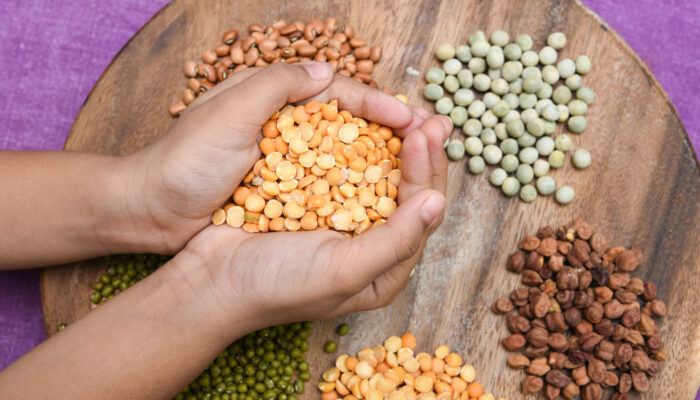
Ulcerative Colitis: Symptoms, Causes, and Dietary Tips
Digestion is the most important process of breaking down food into smaller molecules via digestive chemicals to release energy, so the digestive tract must function smoothly without issues. This ensures that the alimentary canal, through which the food passes up to the anus during digestion, is healthy. However, due to modern lifestyles, including unhealthy food habits and other lifestyle factors, the digestion process is severely affected.
In extreme cases, one can be affected by a chronic condition called ulcerative colitis, an inflammatory bowel disease that results in severe inflammation and ulcers in the digestive tract. The intense condition affects the innermost lining of the colon and the rectum. Understanding some helpful dietary tips for ulcerative colitis also requires knowing the symptoms and causes of the condition:
1. Signs and symptoms of ulcerative colitis
The following are the symptoms of ulcerative colitis depending on the severity of the condition and where exactly it occurs:
- Rectal bleeding, diarrhea with blood or pus
- Abdominal pain and cramping, along with rectal pain
- Pain in the joints
- The urgency to defecate or inability to empty bowels despite the urgency
- Bloating and weight loss
- Fatigue and fever
- Anemia
- Loss of appetite
Those with ulcerative colitis will experience mild to moderate symptoms depending on the severity of the disease.
2. Causes of ulcerative colitis
The exact causes of this chronic condition are unknown. Although diet and stress were deemed probable causes, they only aggravate the condition and don’t cause it. Genetics and immune system malfunction are also considered probable causes of ulcerative colitis. Abnormal immune responses in the process of fighting invading bacteria lead to attacks on the cells present in the digestive system, which might trigger this condition.
3. Dietary habits to treat ulcerative colitis
Dietary tips for managing ulcerative colitis recommend following a low-residue diet, also known as a low-fiber diet. This diet plan is a process of eliminating certain foods that are likely to aggravate the symptoms of the condition. Let’s make a list of the food items that can be likely triggers:
- Alcohol
- Caffeine
- Carbonated drinks
- Dairy products
- Dried beans, peas, and legumes
- Dried fruits
- Foods high in fiber
- Foods that have sulfur or sulfate
- Meat
- Nuts and crunchy nut butter
- Popcorn
- Raw fruits and vegetables
- Refined sugar
- Seeds
- Spicy foods
- Sugar-free gum and candies
Apart from avoiding the above-mentioned foods, certain dietary tips for ulcerative colitis elaborate on why particular foods should be avoided. They also give a complete understanding of the foods to include in the daily diet, along with how to manage the condition.
4. The importance of fluids
The large intestine absorbs water from the digested food and assists in eliminating solid waste from the body. However, in the case of ulcerative colitis, the large intestine cannot absorb water properly, resulting in diarrhea and dehydration. To combat this condition, choose beverages with high water content. Also, consume lukewarm or cool beverages and avoid ice-cold drinks.



